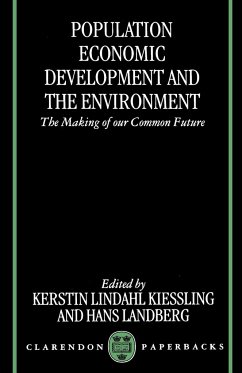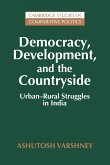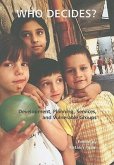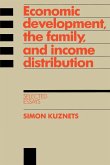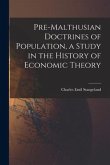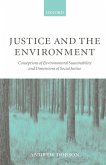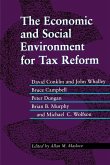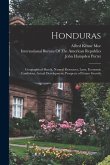The rapidly increasing stress on the world's natural resource base can, especially in the overpopulated areas of the world, create social tension and conflicts between or within nations long before major ecological breakdown occurs. Thus, the issues at the core of this volume require immediate political attention.
Prompted by growing concern about the environmental impact of high consumption levels and population growth, these interdisciplinary essays explore in depth the connections between population size and growth, environmental destruction, and poverty. The contributors--including such distinguished scholars as P. Dasgupta, C. S. Holling, Robert Fogel, Geoffrey McNicoll, Caroline Bledsoe, Robert Willis, Amartya Sen, and Nancy Birdsall--represent the different fields most concerned with this vital topic. They examine three main themes: the Malthusian conflict, factors underlying fertility changes, and global development issues. The writers take into account the effects of increasing competition for natural resources on social structures, and look at the evolution of the household unit, gender inequality, and the growing gap between children, adults, and the elderly. Because the rapidly increasing stress on the world's natural resource base can give rise to social tension and conflicts, especially in overpopulated areas, this book will be seen as an essential contribution to a critically important international debate.
Hinweis: Dieser Artikel kann nur an eine deutsche Lieferadresse ausgeliefert werden.
Prompted by growing concern about the environmental impact of high consumption levels and population growth, these interdisciplinary essays explore in depth the connections between population size and growth, environmental destruction, and poverty. The contributors--including such distinguished scholars as P. Dasgupta, C. S. Holling, Robert Fogel, Geoffrey McNicoll, Caroline Bledsoe, Robert Willis, Amartya Sen, and Nancy Birdsall--represent the different fields most concerned with this vital topic. They examine three main themes: the Malthusian conflict, factors underlying fertility changes, and global development issues. The writers take into account the effects of increasing competition for natural resources on social structures, and look at the evolution of the household unit, gender inequality, and the growing gap between children, adults, and the elderly. Because the rapidly increasing stress on the world's natural resource base can give rise to social tension and conflicts, especially in overpopulated areas, this book will be seen as an essential contribution to a critically important international debate.
Hinweis: Dieser Artikel kann nur an eine deutsche Lieferadresse ausgeliefert werden.

